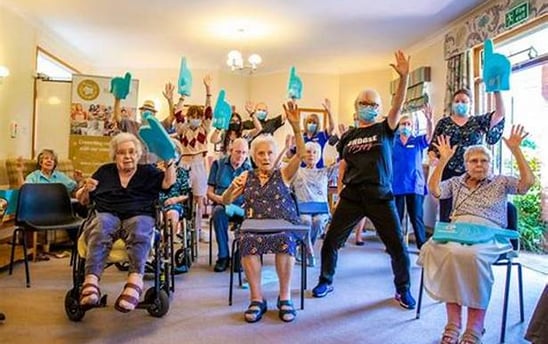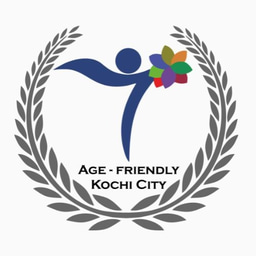Beyond Bingo Nights: Building Social Connections for Active Elders in an Age-Friendly City
Explores how going beyond traditional senior activities can create vibrant social connections for active older adults in an age-friendly city.
SOCIAL PARTICIPATION
Asish K M
5/4/20242 min read


Beyond Bingo Nights: Building Social Connections for Active Elders in an Age-Friendly City
Social connection is a cornerstone of well-being at any age. But for older adults, social isolation can be a significant risk factor for loneliness, depression, and even physical health decline. An age-friendly city prioritizes not just physical mobility but also fosters opportunities for social interaction and a sense of belonging. Let's explore strategies to create a vibrant social tapestry where our older residents can connect, contribute, and thrive.
Combating Isolation: Rethinking Social Activities for Seniors
Traditional senior center activities can sometimes feel repetitive and cater to a limited range of interests. Here's how we can expand the social participation landscape for our active elders:
Intergenerational Programs: Organizing activities that bring together people of all ages, from after-school programs to intergenerational fitness classes, fosters understanding, combats stereotypes, and provides opportunities for meaningful connections.
Community Gardens: Community gardens offer a chance for social interaction, physical activity, and a sense of purpose while nourishing the body and community spirit.
Technology Cafes: Providing seniors with accessible technology training and dedicated spaces for online interaction helps bridge the digital divide and allows them to connect with family and friends who may live far away.
Special Interest Groups: Creating social groups based on shared interests, like book clubs, art classes, or film discussions, caters to diverse preferences and fosters a sense of community within the larger senior population.
Building Bridges: Leveraging Existing Community Resources
Many resources within a city can be leveraged to enhance social participation for older adults:
Local Libraries: Libraries are hubs of learning and connection. Partnering with them to offer book clubs, lectures, or technology workshops specifically for seniors can provide a welcoming and readily accessible space for social interaction.
Museums and Cultural Centers: Senior discounts and dedicated tours catering to interests and physical limitations can encourage cultural exploration and social interaction amongst peers.
Parks and Recreation Centers: Organizing fitness classes, walking groups, or social events specifically geared towards seniors encourages physical activity within a social context.
Benefits Beyond Age Groups
Investing in social participation for seniors benefits the entire community:
Reduced Healthcare Costs: Strong social connections contribute to improved mental and physical health, potentially leading to a reduction in healthcare costs.
Safer Communities: Socially engaged seniors are more likely to feel connected to their neighborhoods, fostering a sense of community watch and reducing crime.
Enhanced Social Cohesion: Intergenerational programs and inclusive community events build bridges between generations, promoting understanding and compassion.
Building a City Where Everyone Belongs
An age-friendly city fosters a sense of belonging and connection for all residents, regardless of age. By creating a diverse landscape of social activities, leveraging existing resources, and promoting intergenerational connections, we can ensure our older adults feel included, valued, and vital parts of the vibrant tapestry of our city.
What can you do?
Volunteer with organizations that offer social programs for seniors.
Organize intergenerational events in your neighborhood.
Invite an older neighbor for coffee or a walk in the park.
By taking small steps and fostering social connections, we can create a city where everyone, at every age, feels a sense of belonging and connection.
